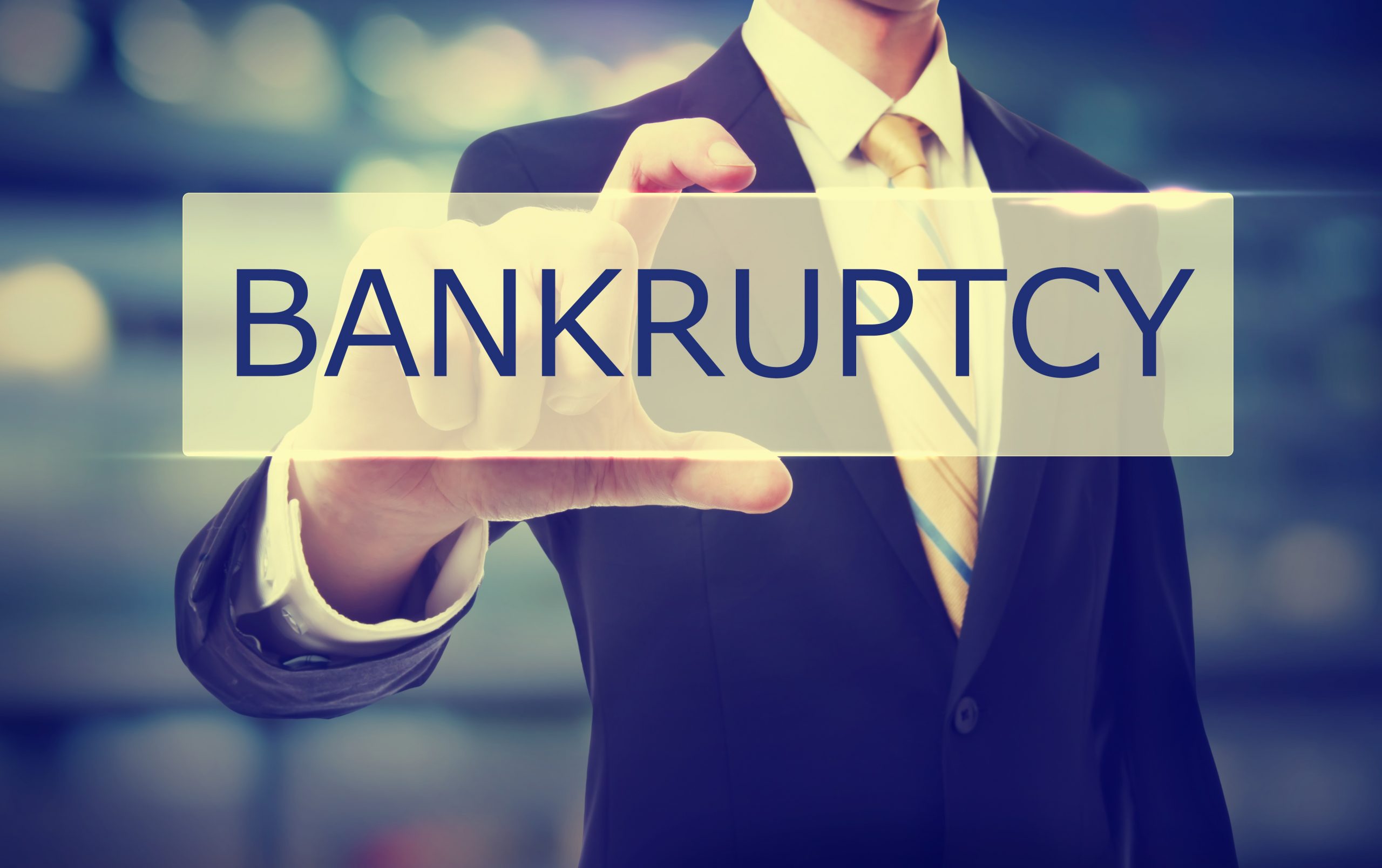If you have financial obligations you cannot afford to pay, bankruptcy may be your best option to improve your situation. By filing for bankruptcy, you get a clean slate and have a better financial situation. But, with the complexities that come with a bankruptcy filing, you will need a bankruptcy attorney in Charleston, WV to handle it for you. Legal services are particularly helpful when filing for bankruptcy since not all debt can be discharged when you file for Chapter 7 bankruptcy.
Which Debts You Can and Cannot Discharge
When you file for Chapter 7 bankruptcy, the court will ensure you don’t have the financial means to pay off your debts before they let you discharge. Also, the court will make sure you will not discharge debts that impact others. For instance, the court will not discharge child support payments.
Some of the debts you can charge in Chapter 7 and Chapter 13 are those that don’t tie to any court orders or impact public policy such as credit card debts, outstanding medical debt, promissory notes, private loans, lawsuit judgments with liens, as well as leases and contracts. In Chapter 7, you can’t discharge divorce settlements, court fees or fines, debt for taxes, HOA fees, debts that were part of a previous bankruptcy, and retirement plan loans. But, you could still apply for repayment of these loans through Chapter 13.
Should You File for Chapter 7 or Chapter 13 Bankruptcy?
Before you calculate the debt you can and can’t discharge, you must meet with a lawyer to see if your financial situation qualifies for discharge. Just because you live beyond your means does not mean you are a candidate for Chapter 7 bankruptcy. To determine your qualification, the court will consider your income compared to other incomes in your area, together with your debts and disposable income. You might not qualify for Chapter 7 if the court finds out that you can’t pay off your debts.
If you have too many debts you can’t discharge through Chapter 7, you can choose to file for Chapter 13 bankruptcy. In Chapter 13, you make a repayment plan with your lawyer, and propose it to the court. The court will decide if it’s adequate, give your creditors time to object, and either approve or reject it. When approved, you must pay the exact amount on the schedule specified in the plan. A court trustee will distribute your payment to the appropriate parties.





